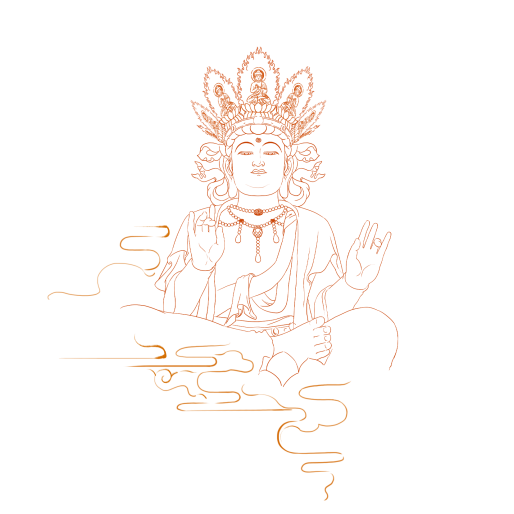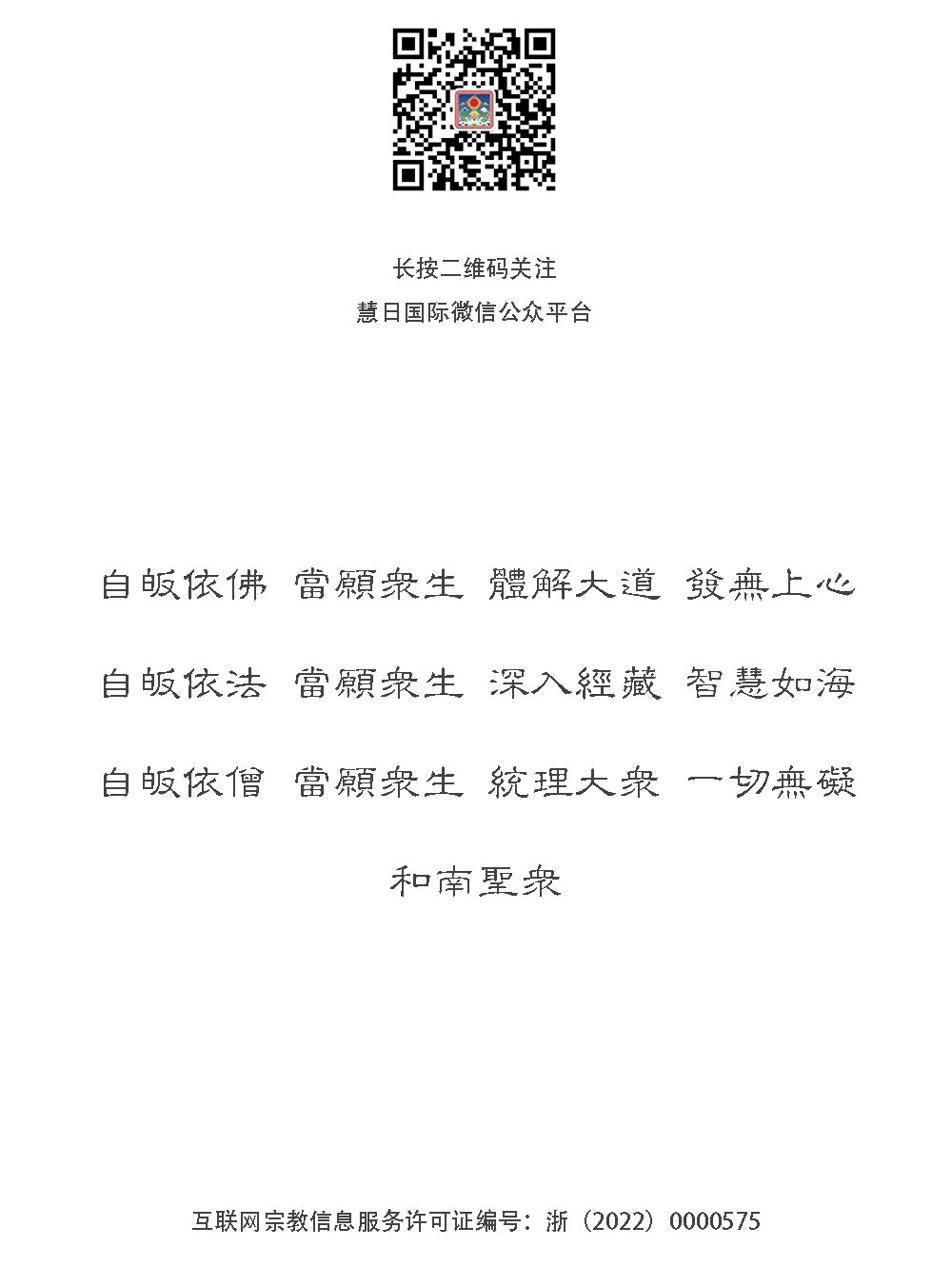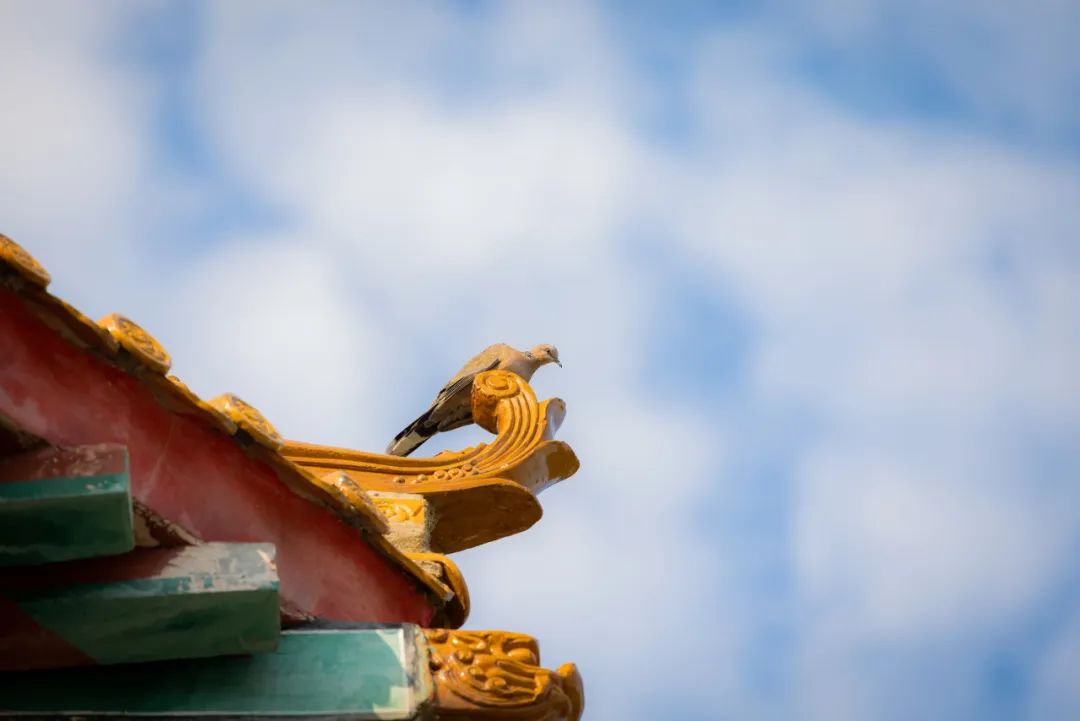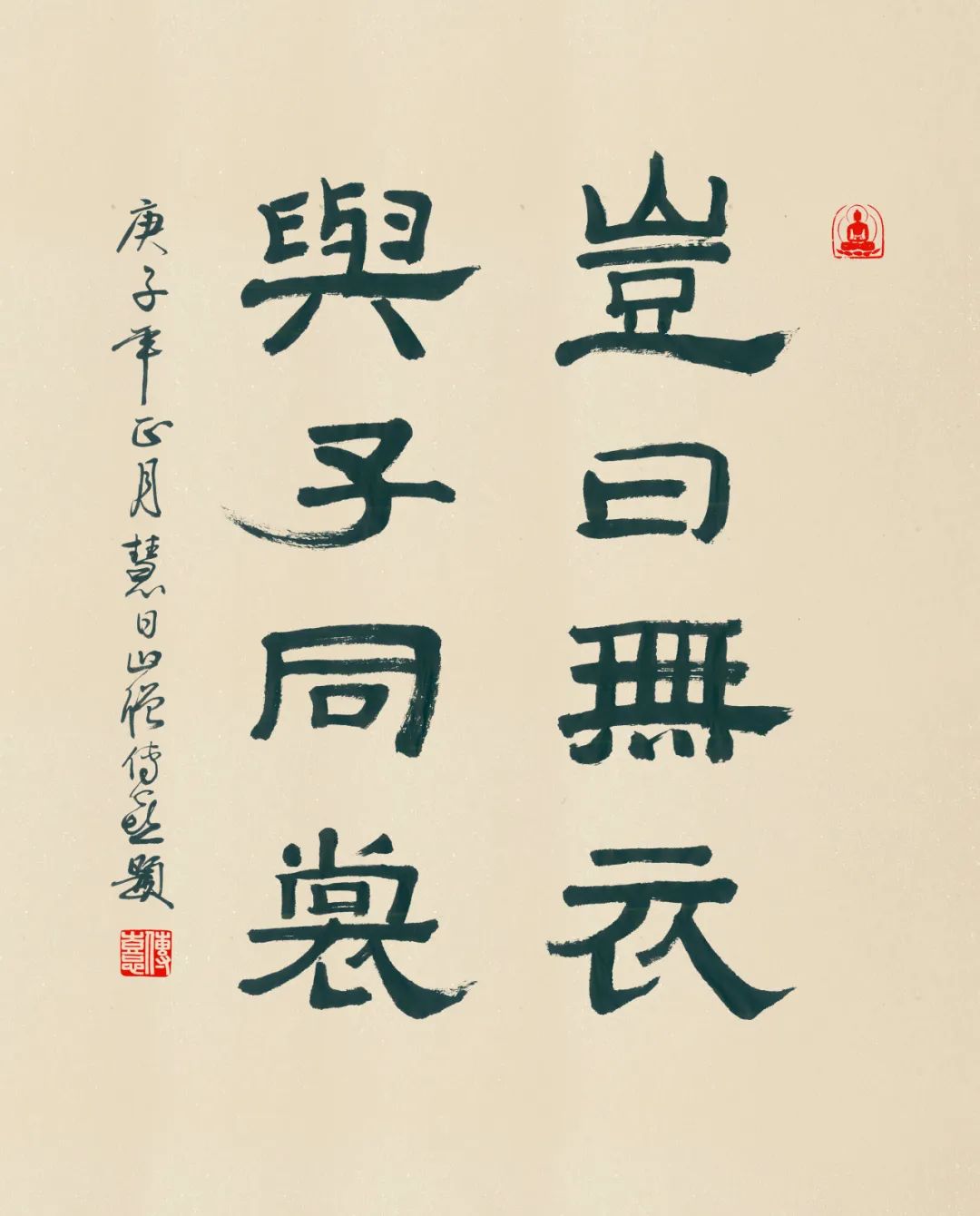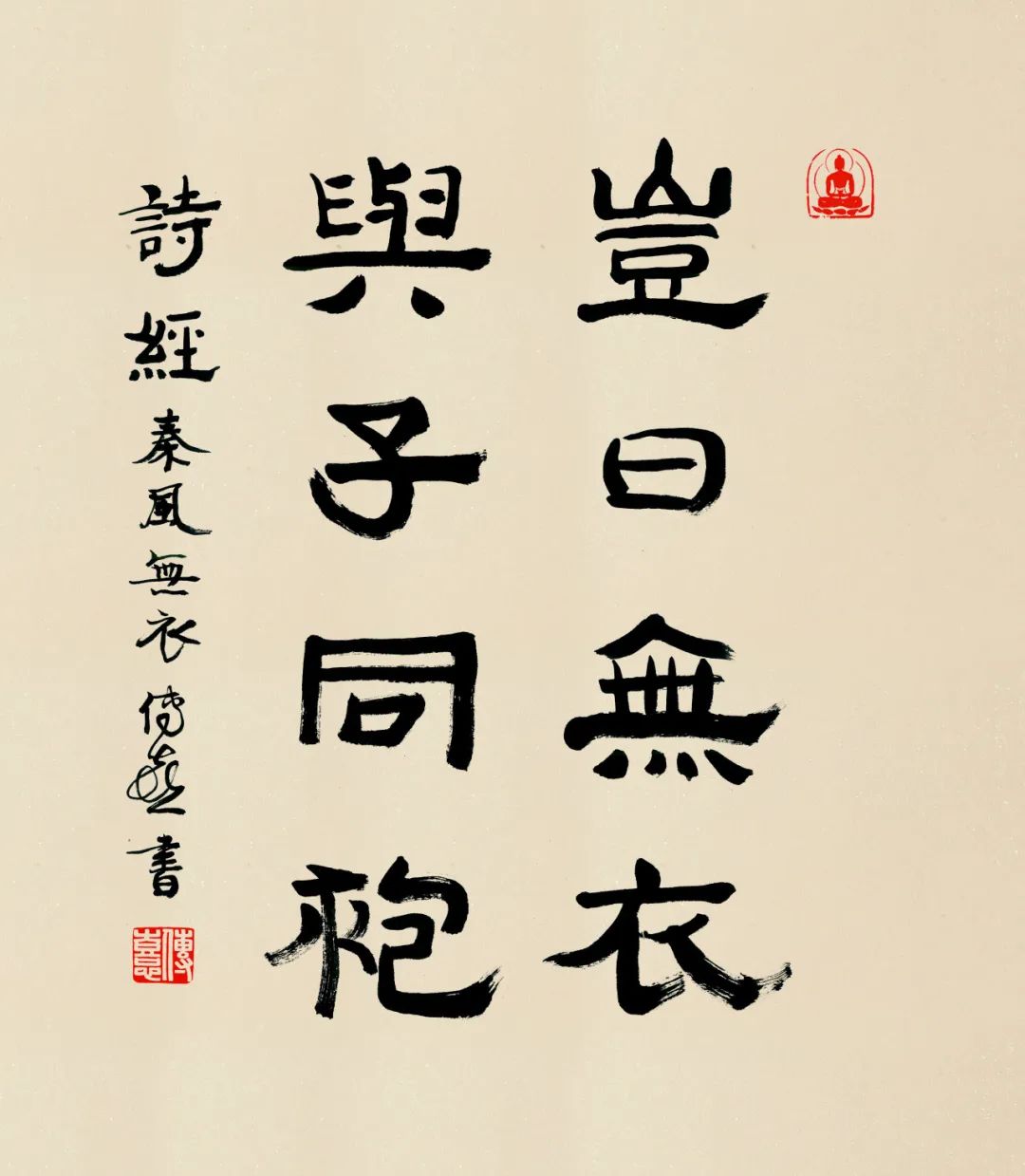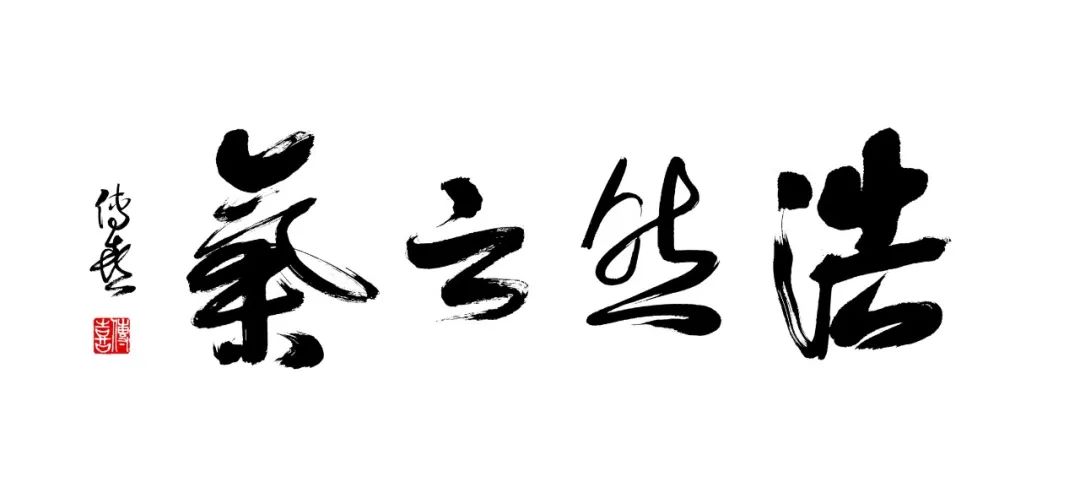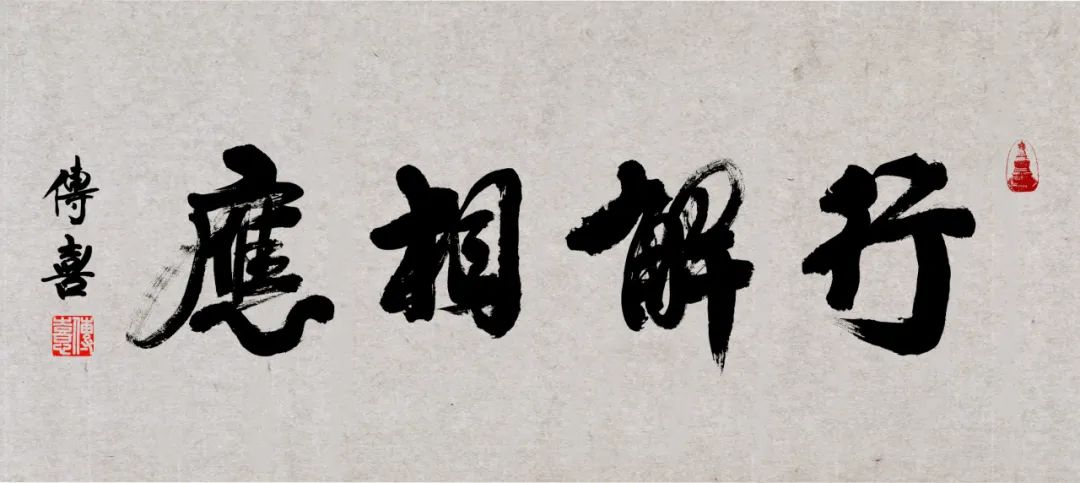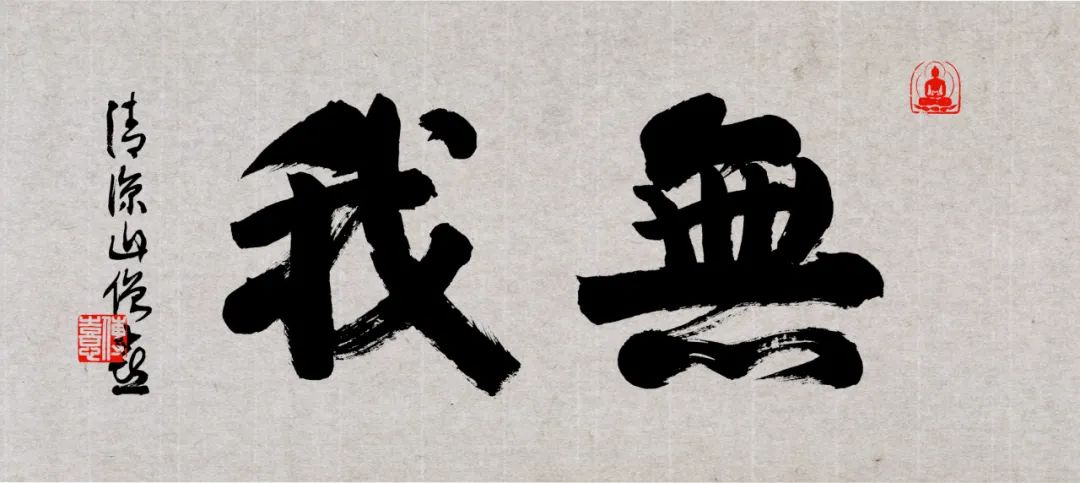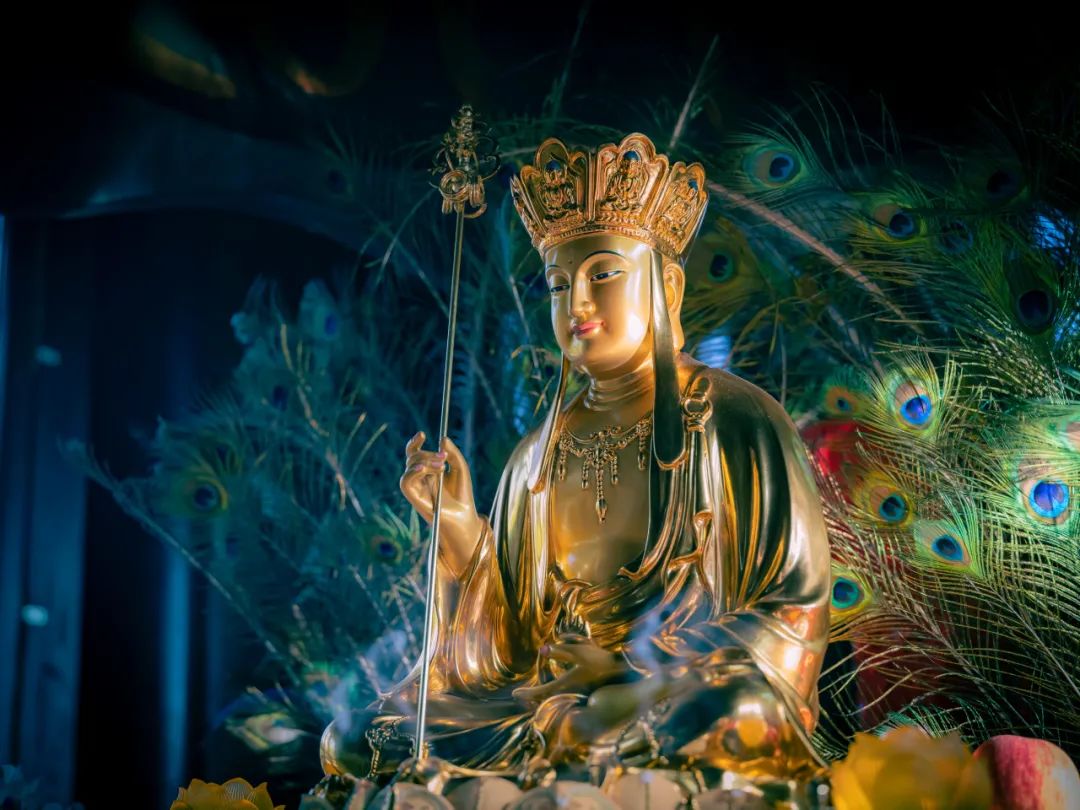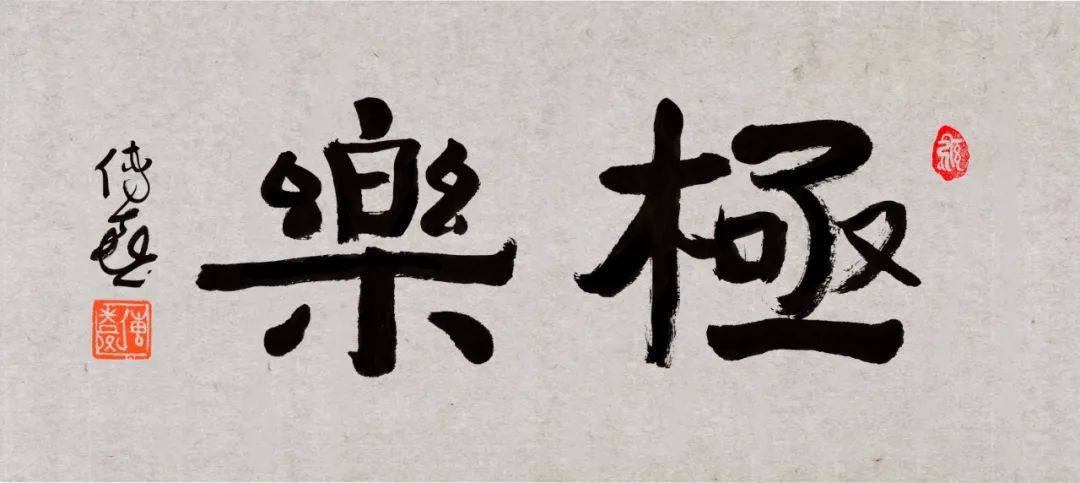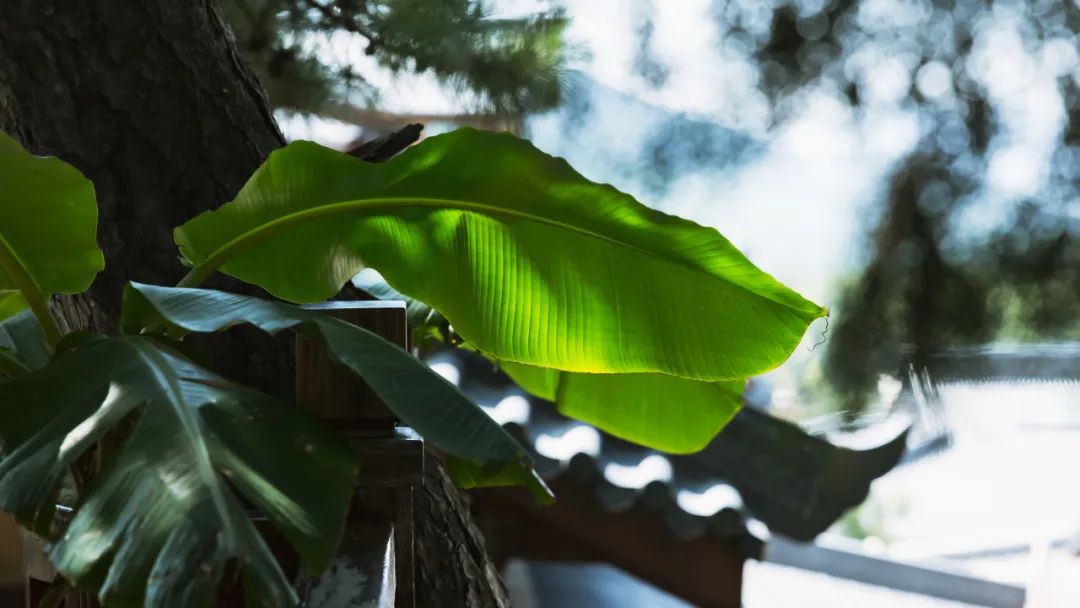你真的快乐吗?
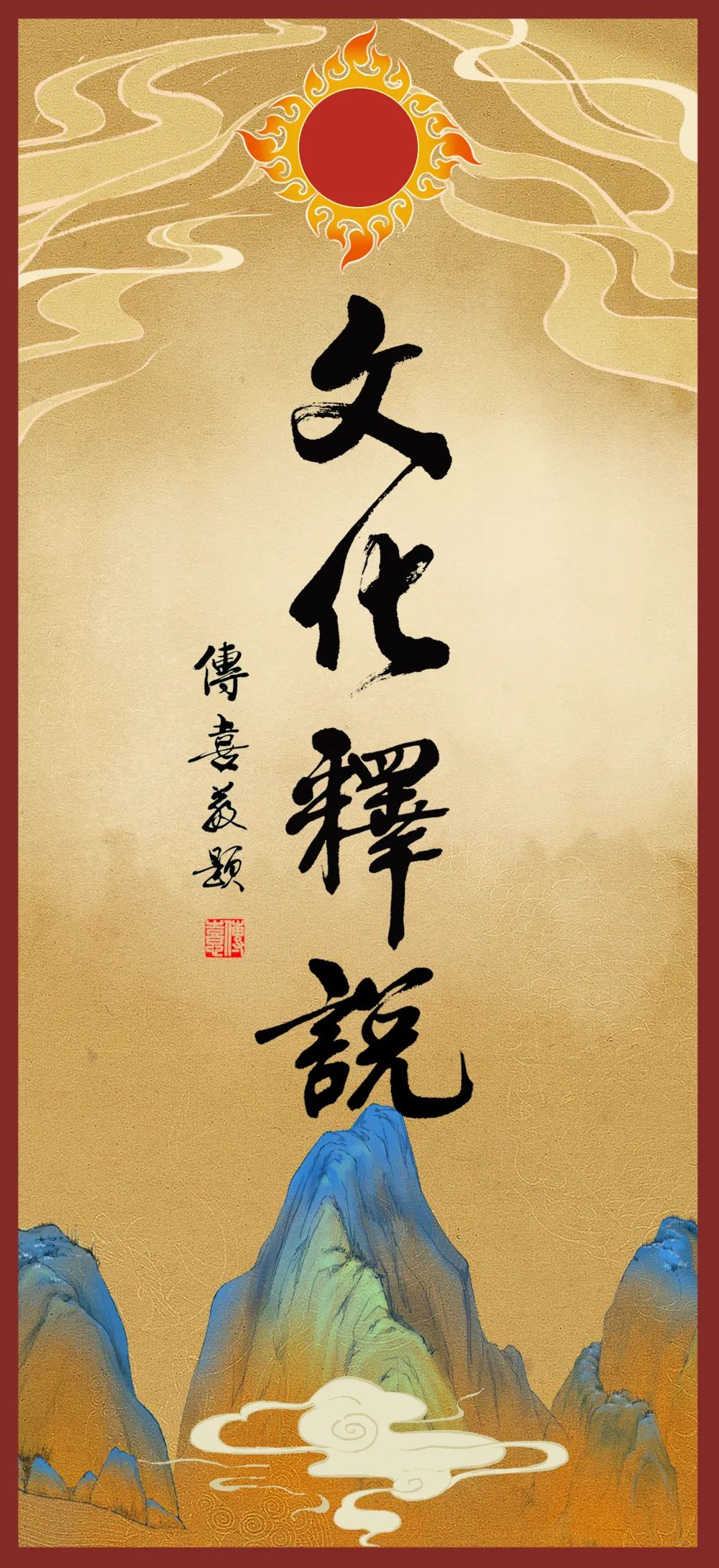
第四篇 东方文明的庄严人生
——慧日问道
Chapter Four–
A life of dignity in Eastern civilization
– questions on the Dao at Hui Ri Chan Monastery
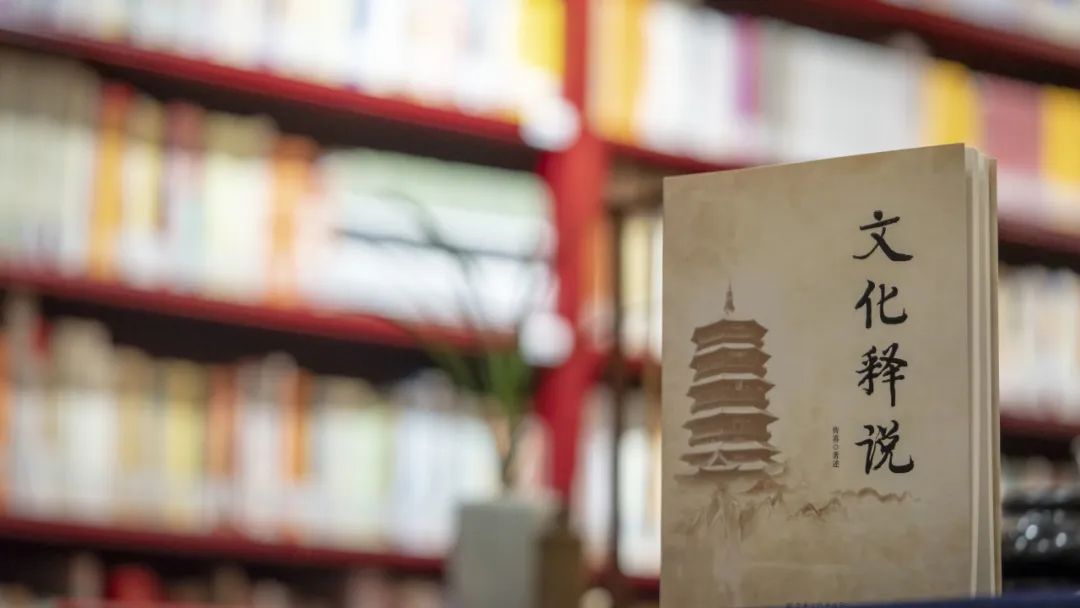
04.
传承文化之
“道”
Section 4
The Dao of Inherited Culture
慧日问道
Please click to play audio
记者:
有人讲,和西方比较,我们不仅在经济上不如人,在道德、文明程度上也不及,造成差异的原因归结为中国传统文化。您也多次去过西方,看到了西方文明,您怎么评价这些?
Journalist: Someone has said that compared to the West, not only are we behind in terms of economic progress, we also can not hold a candle to them on the levels of morality and civility and that the cause for such a difference can be attributed to Chinese traditional culture. You have also been to the West many times and seen Western civilization. What would your response be to such comments?
传喜法师:
我到过西方,西方社会确实很发达,但我们应当用历史的眼光来分析。回望人类的进程,在中华传统文化昌盛的时候,我们在人类历史上曾长久处于人类文明领先的高度,甚至那些外国人要到中国来留学、定居、移民,以到中国来能做个一官半职,引以为傲,到中国来曾是世界各国人民的梦想。
在中华文化断层一百多年后的今天,我们在个体修养上有时也比不过西方人,这是因为在现代化的进程中,无论工业革命还是科技革命,在给人类社会带来物质进步和发达的同时,他们没有抛弃几千年的祖先文明。
Master Chuan-xi: I have been to the West, and Western society is in fact very advanced. However, we should conduct the analysis through a historical perspective. Looking back at the progress of humankind, we were historically at the leading heights of human civilization during the times Chinese traditional culture flourished, so much so that foreigners came to China to study, settle down, and become emigrants. They took pride in being able to come to China to assume official posts however petty those were. Coming to China used to be the dream of many people around the world.
Today, more than a hundred years after the chasm in Chinese traditional culture, we are sometimes not able to compare with the Westerners in terms of personal cultivation. This is because throughout their modernization process, whether it was the industrial or the technological revolution, they did not abandon the thousands-year-old civilization of their forefathers, at the same time when material progress and advancement had been brought about.
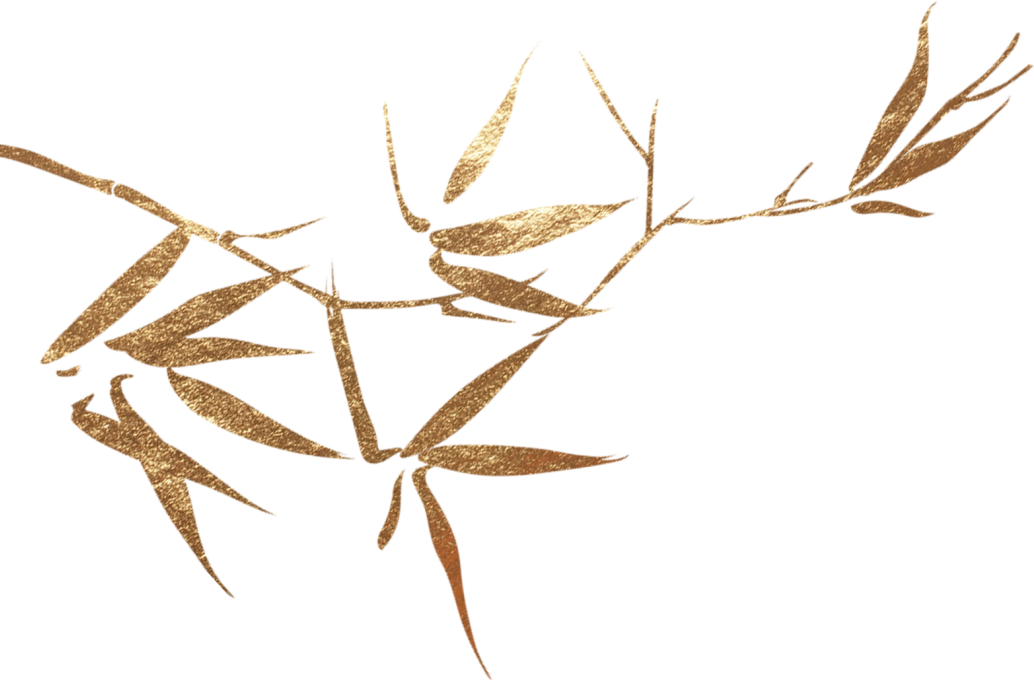
记者:
“道”既然这么难,
我们要求教师去“得道”“传道”,
是不是已变得很苛刻了?
Journalist: As the Dao is so difficult, are we not being too overbearing to ask teachers to ‘accomplish and propagate the Dao’?
传喜法师:
不是。这关系到我们的重视程度。
如果我们认为这个比黄金石油更有价值,人还是可以领悟“道”的。
石油在地下那么深,都能从石头里挤出油来,石油使人们的生活得以改善,但同时又带来战争,是“利”把人从“道”中带走了,“利”是暂时的,“道”是永恒的。
如果我们知“道”,所有一切生命的核心就是“道”,如果没有“道”,再好的技术乃至发达的科学,都会沦为人类自我毁灭的“因”;
如果我们能正视“道”是人类文明的核心,现在这个时代要想让老师们明白、让大家明白,还是可以做到的。
Master Chuan-xi: No. It is all a matter of our degree of emphasis. If we feel that the Dao is more valuable than gold or oil, we will still be able to grasp it. Despite being so deep underground, oil is still being mined out of rock. Oil brings about improvement in our lives but also war at the same time. It is ‘material benefit’ which has drawn humans out from the Dao. ‘Material benefits’ are short-termed while the Dao is everlasting. If we know the Dao, the nucleus of all life will be the Dao. If there is no Dao, technology and science, no matter how good and advanced, will become the causes for human self-destruction. If we are able to perceive rightly that the Dao is the nucleus of human civilization, then it is still possible that during the present era we are able to let the teachers and everyone else understand that as well.
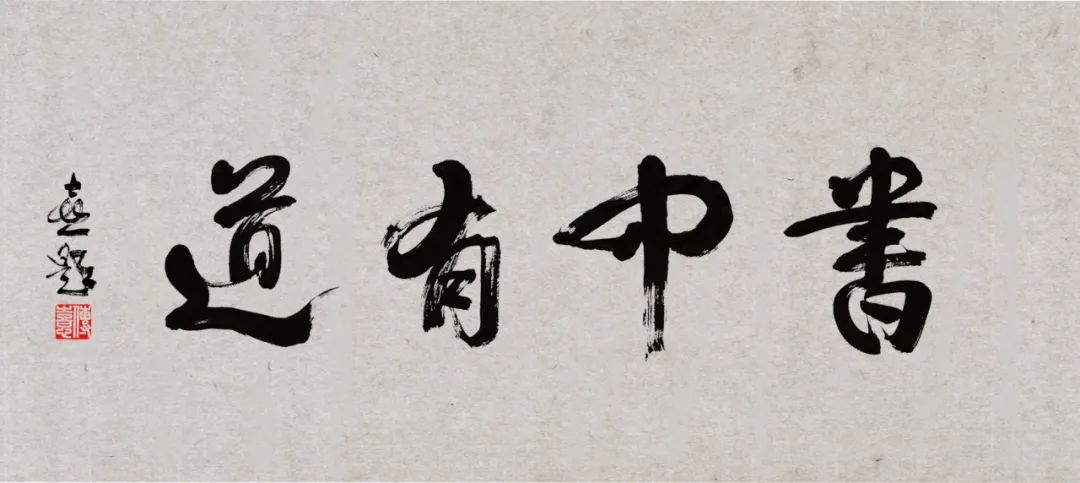

05.
“迷失”与“去我”
Section 5.
‘Being lost’ and ‘Getting Rid of the Self’
慧日问道
Please click to play audio

记者:
那么好的东西不要,为什么反而要钱、房子、车子呢?
Journalist: Why to desire money, houses and cars instead of something that is wholesome?
传喜法师:
生命在成长过程中,扑面而来的先是感官,眼睛对色、鼻子对香,“眼耳鼻舌”对“色声香味”,感官和物质是发生第一个碰撞的。
生命在没成熟时,往往陷在境界里,成为境界里的一分子。
不少人常以为“痛苦是因为没得到”,
而现实生活中他觉得我“得到了”,怎么也“没有快乐”呢?
反而很多这些“得到”的人跑来学佛了。
其实,无论“得到”还是“没得到”,
生命根本的痛苦挣扎在于陷入境界、迷失于境界了。
Master Chuan-xi: In the process of growth in life, one is first assaulted with sensations – the eyes with sights, the nose with smells… Eyes, ears, nose, and tongue to sense forms, sounds, smells, and tastes.
There is the initial contact of the sense organs with material objects. More often than not, one gets caught in a particular realm of experience before one’s life has matured and becomes part of the experience.
Many people often feel that the cause for pain and suffering is due to their inability to obtain the things they desire.
However, they wonder why is it that they are still unhappy even when they have obtained that something in real life.
Many of these who have obtained what they desired have instead come to practice Buddhism. In reality, whether one has ‘obtained’ or not, our fundamental struggle with suffering in life lies in being caught in a particular realm of experience, and being lost in it.

记者:
但是为什么我们现在体验不到呢?
Journalist: But why are we not able to experience it?
传喜法师:
因为我们物欲太多,心上蒙垢太深。
Master Chuan-xi: It is because our desires are too numerous; our mind tainted too much.
记者:
一进慧日寺,廊桥下面有块“洗心”石,有什么寓意?
Journalist: When one first enters Hui Ri Monastery, one notices there is a piece of rock called ‘rock to cleanse one’s mind with’ under the corridor bridge. What does it mean?
传喜法师:
洗除心灵的污垢。
“一叶障目不见泰山”,真理纵然巍巍如泰山,但因邪见阻碍,视而不见。
Master Chuan-xi: It is to wash away the dirt that has settled on our mind. ‘One’s view of Mount Tai is obstructed by a single leave’ - even though the truth is so glaringly obvious before us like Mount Tai, we are unable to perceive it although we sight it due to the unwholesome views we have.
记者:
这样一“洗”,洗心革面,就可以得到快乐了吗?
Journalist: And we will be able to gain happiness once we ‘cleanse as such and then lead a new life?
传喜法师:
对,洗心革面,用真理和理性,如清泉漱石,慢慢洗净。
Master Chuan-xi: Yes, to cleanse and then lead a new life. To gradually cleanse with truth and rationality, just like how you would wash a piece of rock with spring water.
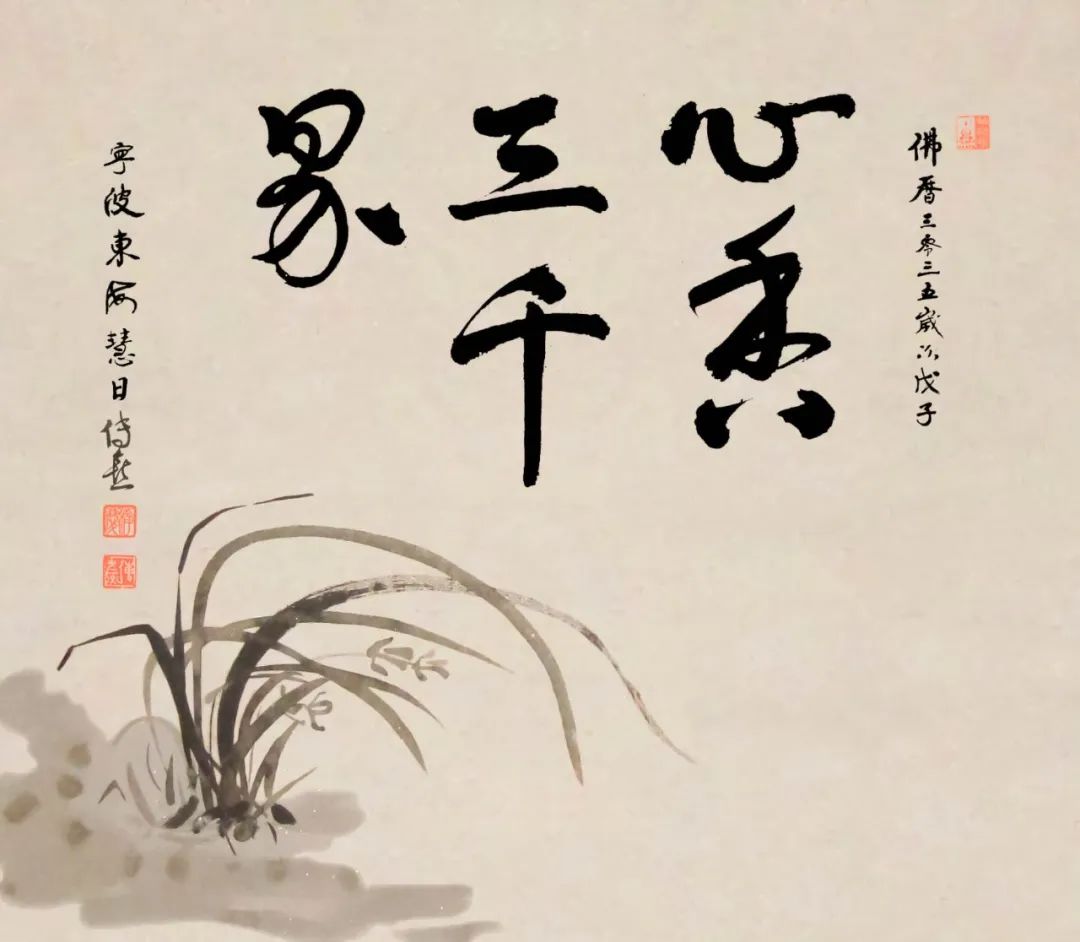
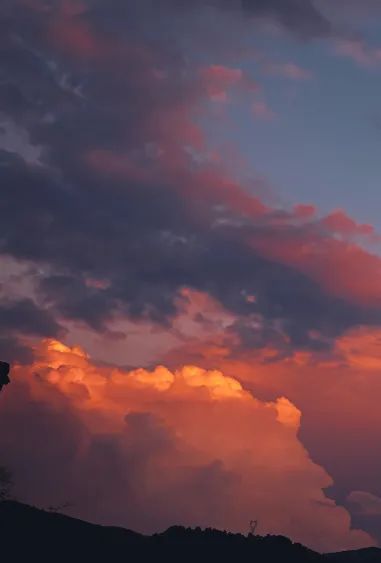

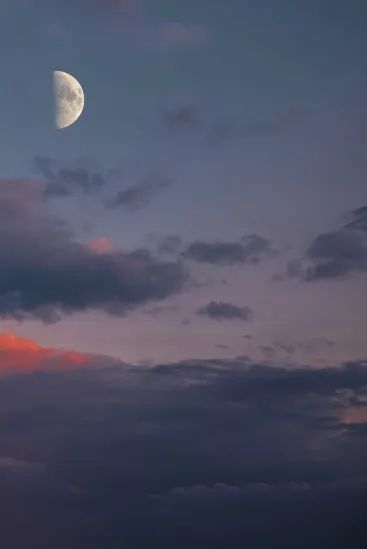
频繁刷手机,我们的心灵很容易被碎片化,不要沉溺其中,学会自我节制,通过学习佛法来有效滋养并净化我们的心灵,一起回归心灵,保持身心灵的健康。
Frequent phone usage can easily fragment our minds. Avoid indulgence and practice self-restraint. Studying Buddhism can effectively nourish and purify our minds. Let us return to our true selves and maintain the health of our body and mind together.

